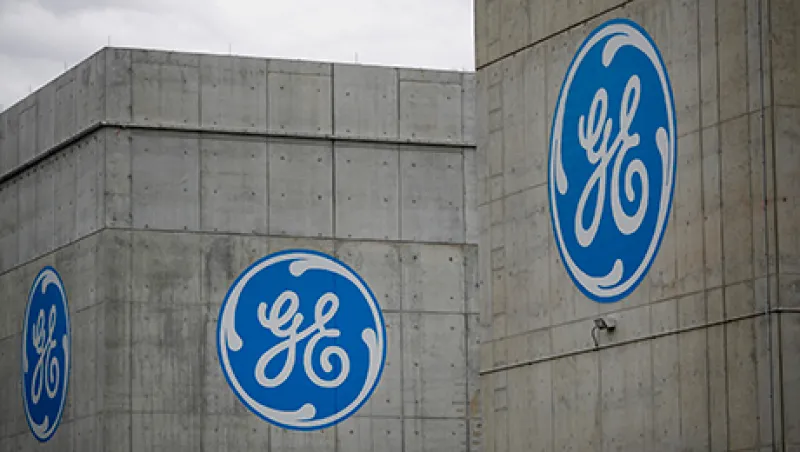As a new week kicks off, featuring economic data from China and speeches by Federal Reserve policymakers, the Organization for Economic Cooperation and Development (OECD), which this morning lowered global growth projections, has set the tone. The OECD’s semiannual report scaled back worldwide gross-domestic-product expectations from 3 percent to 2.9 for 2015 and 3.3 percent down from 3.6 for 2016. With declining demand in developing economies weighing on the recovery prospects of troubled primary economies, particularly Japan and several European states, the OECD downgraded prospects for the second time in three months. Futures markets are now projecting a rate hike by the Federal Reserve in December as a near-certainty, prompting many U.S. investors to refocus on what the growing gloom over overseas growth will mean for the pace of futures hikes.
Chinese trade data reveals sharp declines. For the fourth consecutive month, export data released by China’s General Administration of Customs contracted for October. Figures released over the weekend included a 6.9 percent decline in shipments abroad versus the same month last year while imports slumped by nearly 19 percent.
DuPont names Breen CEO. On Monday, Wilmington, Delaware-based chemical and agribusiness giant DuPont confirmed that Edward D. Breen, a former CEO of Tyco International, will become the permanent chairman and chief executive officer. Breen assumed control on an interim basis after Ellen Kullman departed under pressure from activist investors.
GE to sell Australian and New Zealand financial assets. Media reports over the weekend reported that General Electric has entered into an agreement to sell it’s Australian and New Zealand commercial lending and leasing portfolios for more than $1 billion. The acquirer, Sankaty Advisors, is controlled by Boston-based private equity firm Bain Capital. The sale is the latest move in GE’s push to rid itself of financial-services assets and focus on industrial businesses.
Goldman shutters BRIC flagship. The media interpreted a regulatory filing for the Goldman Sachs BRIC (Brazil, Russia, India, China) Fund that said the investment vehicle’s remaining assets would be transferred to the Goldman Sachs Emerging Markets Equity Fund as a signal of the declining significance of the big four developing economies among investors. Total assets at the fund had declined by over 85 percent from the 2010 peak.
Top Global Banks may require $1.2 trillion in fresh capital. A series of new rule proposals issued today by the Financial Stability Board (FSB) in Basel, Switzerland would require the 30 largest banks globally to raise up to $1.19 trillion by 2022 in the form of securities that could be written off during a bankruptcy. This capital cushion, designed to prevent a repeat of the 2008 financial crisis, features lower minimum total loss-absorption capacity thresholds than were initially proposed by many FSB members.
IPO for Tinder operator. In a regulatory filing on Monday, Match Group, owner of internet-dating services Tinder and OkCupid, filed to sell 33.3 million shares to the public for a total capital raise of roughly $400 million for a total capitalization of more than $3 billion. Proceeds of the initial public offering will pay down debt to New York-based parent company IAC/InterActiveCorp.
Portfolio Perspective: Market Likely to Discount Fed Projections
With a December hike very likely, the debate will obviously shift to the pace of the hiking cycle. We believe the market will continue to trade at a discount to the Fed’s projections. At the September FOMC meeting, the core of the committee appeared to be signaling three hikes in 2016. This is likely conditional on the Fed’s forecast of core PCE inflation rising to 1.7 percent by year-end 2016. With economic data largely coming in as expected, we do not expect the Fed to revise the projected pace of hikes higher at its December meeting. If anything, we believe the risks to the Fed’s inflation forecast are to the downside, particularly if the growing policy divergence leads to a further strengthening of the USD. Further, investors should remain wary of the economy’s ability to handle a tightening cycle, given the global backdrop, and the market should continue to attach some probability that the Fed will abandon its plans for a steady increase in short rates.
Rajiv Setia is head of U.S. interest-rate research at Barclays in New York.






